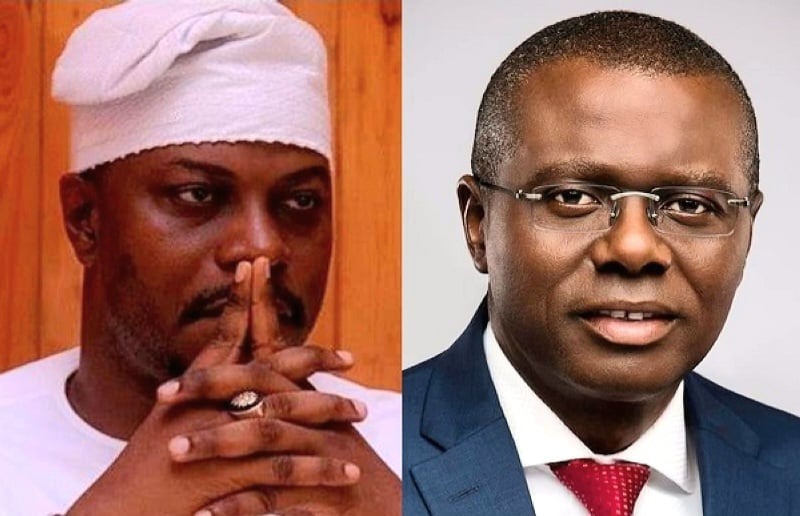On March 20, the Independent National Electoral Commission (INEC) declared Sanwo-Olu, the All Progressives Congress (APC) candidate, winner and Governor-elect of Lagos State. The incumbent secured 762,134 votes, defeating Gbadebo Rhodes-Vivour of the Labour Party (LP), who scored 312,329, and Olajide Adediran of the Peoples Democratic Party (PDP), who garnered 62,449 votes. The results were announced by the Returning Officer, Prof Adenike Temifayo-Oladiji, VC, Federal University of Technology Akure.
However, the election was marred by tension and violence, as supporters of the APC allegedly disenfranchised Igbos and Yorubas who “look like” Igbos. Thousands of residents were unable to vote in several polling units due to harassment, intimidation, and the use of dangerous weapons.
The LP Chairman in Lagos, Dayo Ekong, decried the blocking of voters in Alimosho, Eti-Osa, Ibeju-Lekki, among other Local Governments, before the declaration. Consequently, the LP and Rhodes-Vivour are heading to the Governorship Election Tribunal to challenge the INEC’s pronouncement. One of Rhodes-Vivour’s close aides confirmed that plans are being finalized to file a petition at the tribunal.
The LP and GRV are expected to prove how supporters were prevented from voting for Rhodes-Vivour and whether the loss of those votes caused their defeat. Meanwhile, the PDP, which polled less than 10% of Sanwo-Olu’s tally, has not indicated whether it will take legal action. The tribunal, which was constituted before the start of the general elections by Court of Appeal President, Justice M. B. Dongban-Mensem, will hold at Rosaline Omotoso Courthouse in Ikeja, as approved by the Lagos State Chief Judge, Justice Kazeem O. Alogba.
In summary, Sanwo-Olu emerges as the winner of the Lagos State Governorship Election, but Gbadebo Rhodes-Vivour of the LP seeks tribunal intervention.


